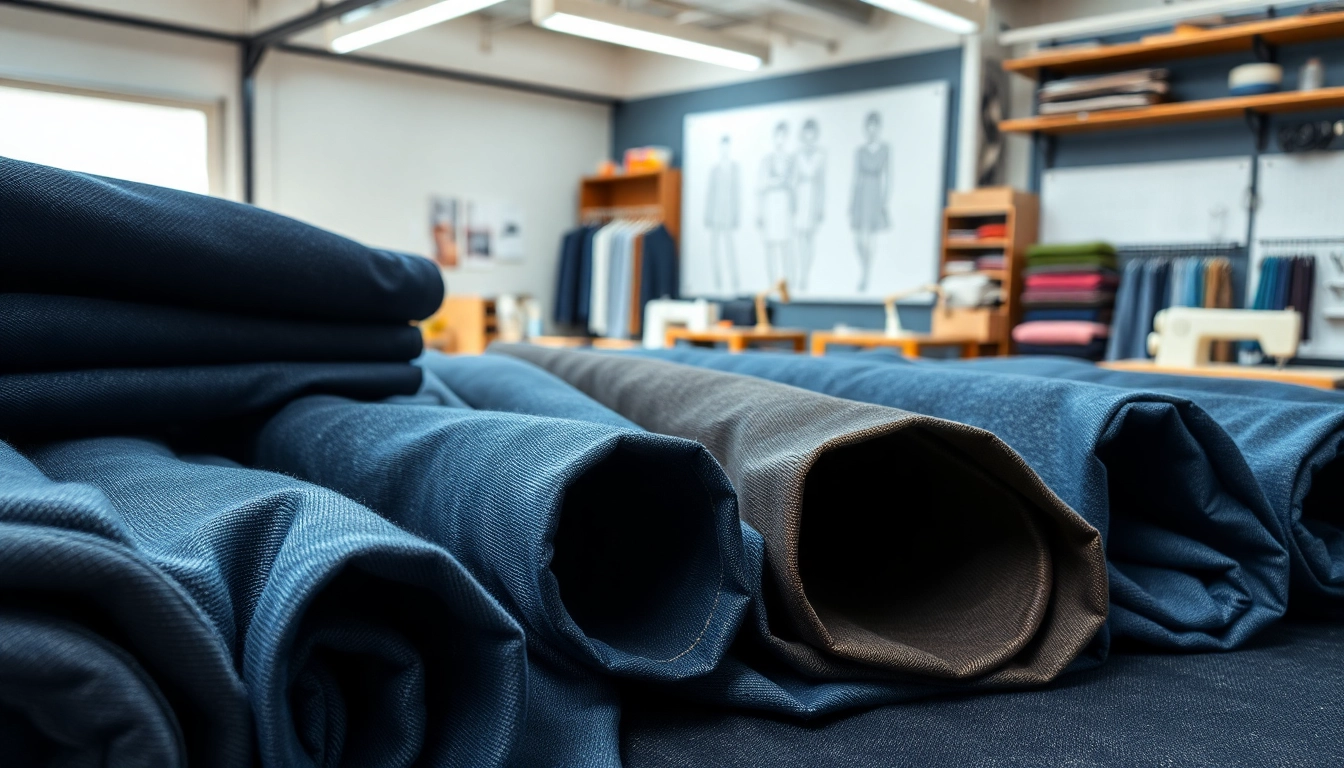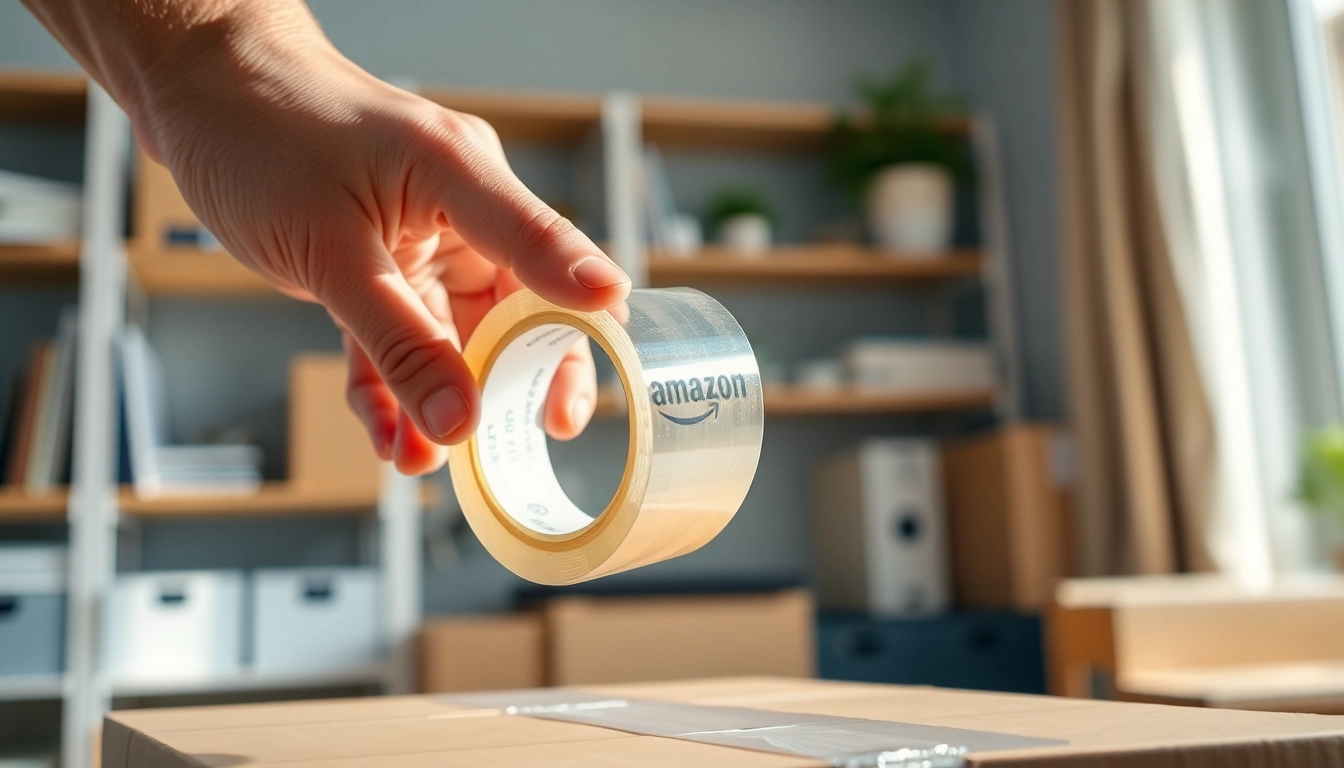Introduction to Jeans Fabric Manufacturers
In the world of fashion, fabric quality profoundly impacts the durability, comfort, and overall appeal of clothing items. One of the most widely cherished fabrics in the apparel industry is denim, renowned for its versatility and enduring qualities. Major players in this realm are jeans fabric manufacturers, whose contributions define the industry’s standards. This article explores the intricacies of denim materials, the significance of selecting high-quality fabrics, and the latest market trends impacting the denim manufacturing landscape.
Overview of Denim Materials and Types
Denim fabric has evolved significantly over the years, marked by various yarn compositions and weaving techniques. While traditional denim is primarily made from cotton, modern iterations include blends with materials such as elastane, polyester, and even sustainable textiles like Tencel or organic cotton. Each type of denim possesses unique characteristics that cater to different market demands.
- Raw Denim: Unwashed and untreated, this type develops a unique patina over time, offering a personalized look with use.
- Selvedge Denim: Famous for its tightly woven edges, it is often regarded as higher-quality due to its durability.
- Stretch Denim: Blended with elastane, it provides enhanced comfort and flexibility, making it a favorite in many casual and fashion lines.
- Denim Blends: Blends with cotton, linen, or synthetic fibers can produce various textures and functionalities, catering to specific needs in fashion.
Importance of Quality in Fabric Selection
Selecting high-quality denim is crucial not only for aesthetic reasons but also for performance. Poorly manufactured fabrics can lead to issues such as fading, stretching, or tearing. High-quality denim preserves color, ensures structural integrity, and provides a better fit. Furthermore, consumers are increasingly aware of fabric quality, often willing to invest more in products that will last longer. A brand’s reputation can significantly hinge on their choice of fabric, emphasizing the need for a careful selection process when sourcing materials.
Market Trends in Denim Fabrics
The denim market is continuously evolving, shaped by shifting consumer preferences and advancements in textile technology. Recent trends indicate an increasing demand for sustainable and ethically produced fabrics. As consumers become more environmentally conscious, jeans fabric manufacturers are compelled to adapt. Innovations such as waterless dyeing processes, organic cotton sourcing, and ethical labor practices are becoming essential components of modern denim production. Brands that remain at the forefront of these trends can position themselves competitively in the market.
Key Characteristics of Premium Denim Fabrics
Fabric Weaves and Their Impact on Quality
The weaving technique used in denim production significantly affects its quality and characteristics. The most common weave employed is the twill weave, which creates a diagonal pattern that enhances strength and durability. Different weaving methods also contribute to varying weights and textures, impacting how the denim drapes and feels. A deeper understanding of these techniques allows jeans fabric manufacturers to create products that not only meet consumer demand but also stand the test of time.
Environmental Considerations in Denim Manufacturing
As environmental concerns grow, the denim industry faces mounting pressure to lessen its ecological footprint. Traditional denim manufacturing is resource-intensive, consuming significant amounts of water and chemicals. In response, many manufacturers are exploring eco-friendly practices such as using recycled water, organic cotton, and natural dyes. These efforts not only reduce environmental harm but also align with the ethical stance many consumers now expect from brands they support.
Innovations in Denim Technologies
The future of denim manufacturing is bright with innovation. Technologies such as laser finishing, which produces designs without water or chemicals, and digital printing, which allows for intricate patterns without sacrificing quality, are revolutionizing the industry. Additionally, advancements in fabric blending and treatments are leading to offerings like anti-odor, stain-resistant, and moisture-wicking denim, catering to modern consumer needs.
Choosing the Right Jeans Fabric Manufacturer
Evaluating Manufacturer Credentials
When selecting a jeans fabric manufacturer, evaluating their credentials is essential. Factors such as years in operation, expertise in denim production, and recognition within the industry can provide insights into their reliability and quality. Additionally, certifications for sustainable practices or quality assurance [like ISO or Oeko-Tex] may indicate a commitment to maintaining high standards throughout the manufacturing process.
Factors to Consider When Selecting Suppliers
Choosing the right supplier goes beyond credentials. Key factors to consider include:
- Product Range: A manufacturer offering various denim types and treatments can provide flexibility for design and product lines.
- Minimum Order Quantities: Understanding MOQ requirements ensures that the manufacturer can accommodate both small and large orders, allowing for better inventory management.
- Lead Times: Fast lead times can significantly impact a brand’s ability to respond to market trends and consumer demands. Thus, ensuring the supplier can meet timely delivery is critical.
- Transparency and Communication: Clear lines of communication can facilitate better collaboration and lead to more successful outcomes.
Importance of Transparency and Ethics in Manufacturing
In an age where consumers increasingly prioritize corporate social responsibility, transparency in manufacturing processes has never been more vital. Brands are expected to disclose not just the origin of their materials but also the conditions under which their denim is produced. This shift necessitates that jeans fabric manufacturers invest in ethical labor practices and sustainable production methods. Such commitments enhance brand loyalty and can drive purchasing decisions significantly.
Challenges Facing Jeans Fabric Manufacturers Today
Impact of Global Supply Chains
Global supply chains present both opportunities and challenges for jeans fabric manufacturers. On one hand, they allow for competitive pricing and a broader base of resources. On the other hand, these manufacturers must navigate complexities such as fluctuating tariffs, trade policies, and logistical barriers. Disruptions in any part of the supply chain can lead to delays and increased costs, emphasizing the need for robust contingency plans.
Adapting to Sustainable Practices
The shift towards sustainability poses a challenge for many jeans fabric manufacturers accustomed to traditional processes. Transitioning to more environmentally friendly methods often requires significant investment in new technologies and training. However, those who effectively adapt can capitalize on growing market demand for sustainable products and distinguish themselves in a competitive landscape.
Overcoming Industry Competition
The denim industry is highly competitive, with numerous players vying for attention in a saturated market. To stand out, manufacturers must develop unique selling propositions that resonate with their target audiences. Innovation in fabrics, staying ahead of trends, and maintaining high quality can create differentiation, but they need to balance this with cost-effectiveness to remain viable.
Future Directions for Jeans Fabric Manufacturers
Emerging Trends in Denim Innovation
Looking ahead, several key trends are poised to shape the future of jeans fabric manufacturing. As technology continues to advance, manufacturers are likely to adopt more intelligent production methods, such as 3D weaving and smart fabrics that integrate technology into textiles. These innovations may enable more efficient production lines, lower waste, and superior product outcomes.
Consumer Preferences and Market Adaptation
Consumer preferences are evolving, with an increasing emphasis on personalization and experience. This shift indicates that manufacturers must not only create quality denim but also cater to aesthetic preferences through customizable options. Staying attuned to these changing desires can help manufacturers develop products that resonate with modern consumers, ultimately driving brand loyalty.
Collaboration and Partnerships in the Denim Industry
In a rapidly changing industry, collaboration between manufacturers, designers, and technology providers will be key for driving innovation and market responsiveness. Partnerships can lead to shared resources, enhanced creativity, and more rapid adaptation to trends or challenges. Networking with other players in the industry can also foster knowledge exchange, leading to better practices and product offerings.



